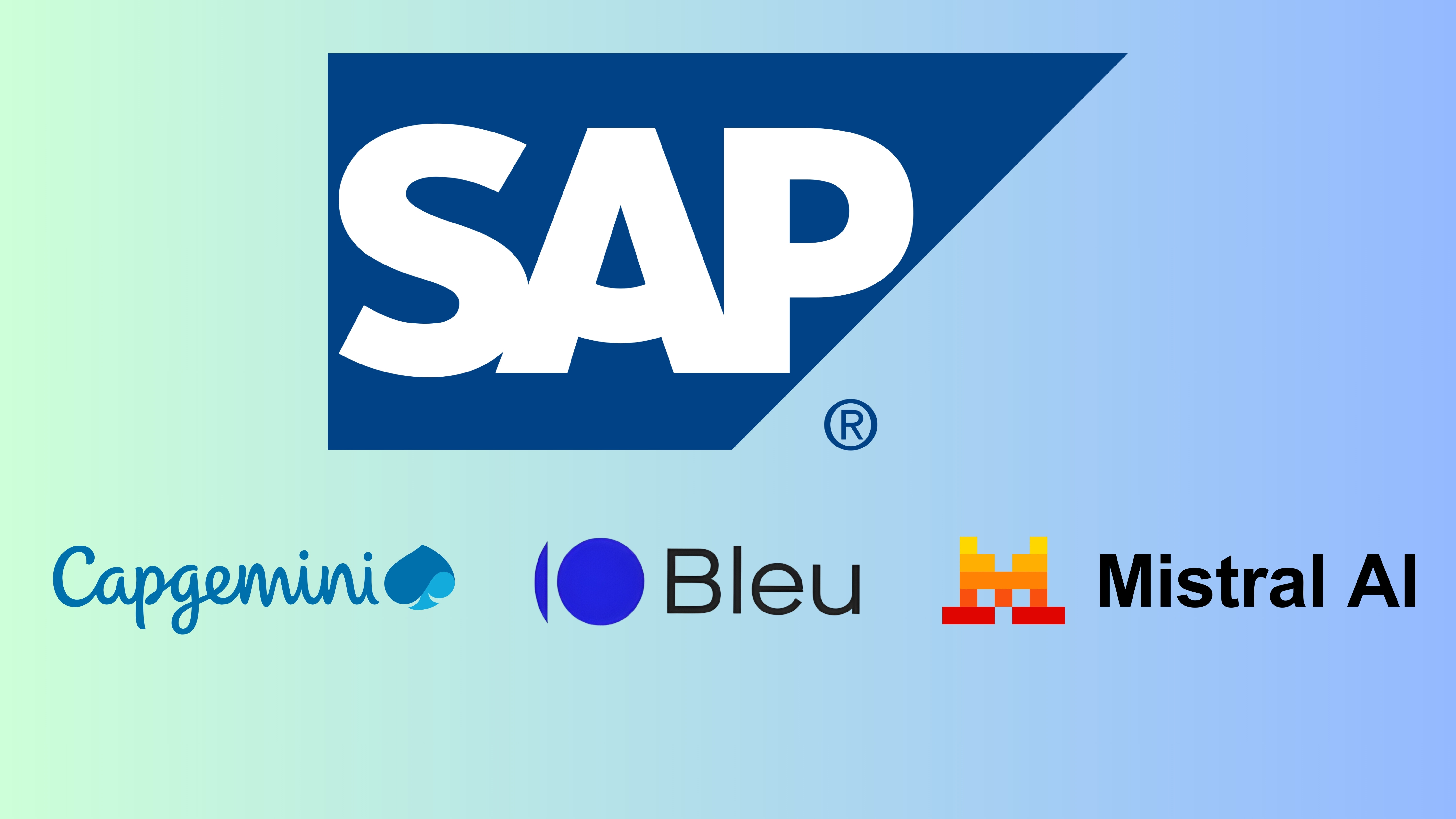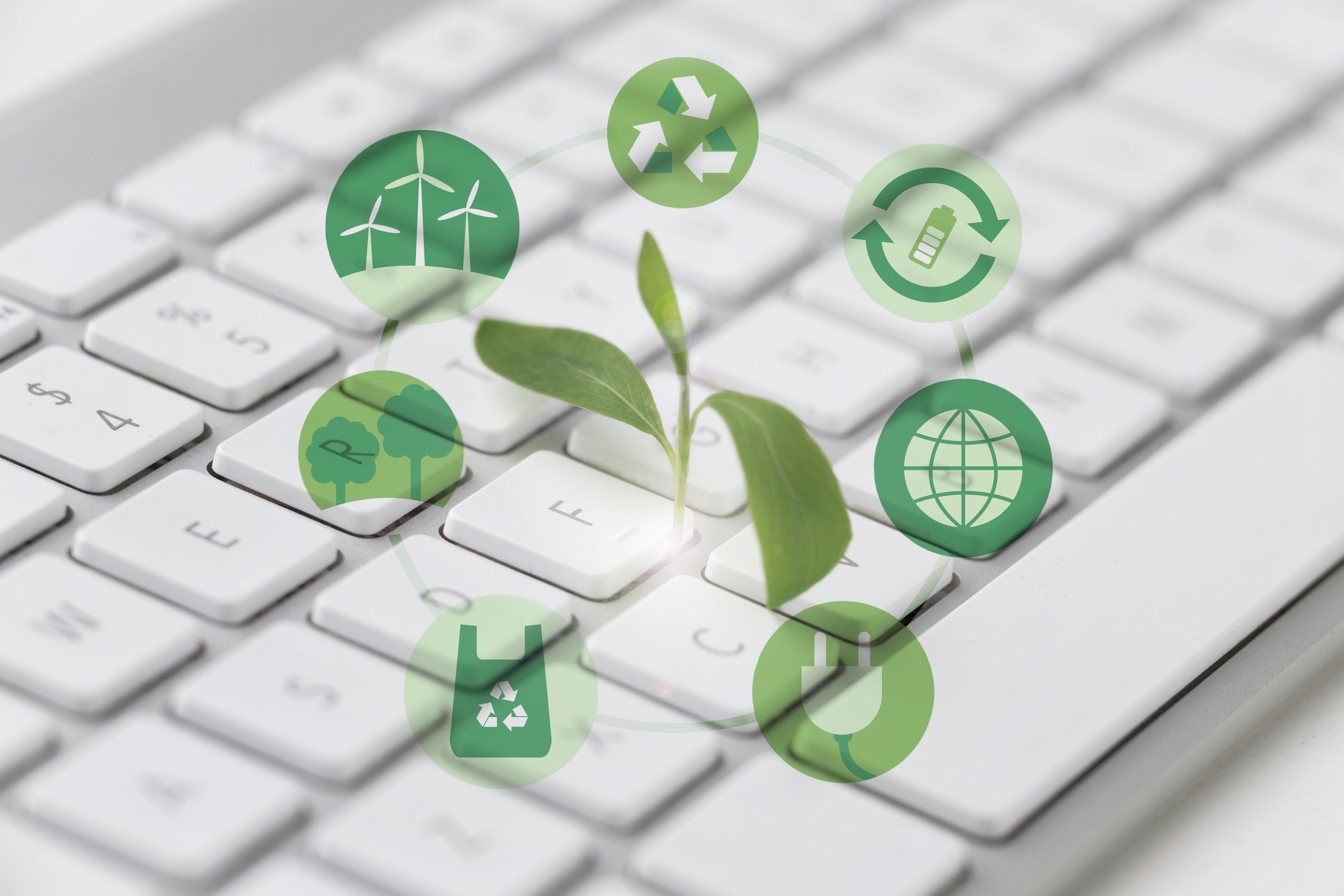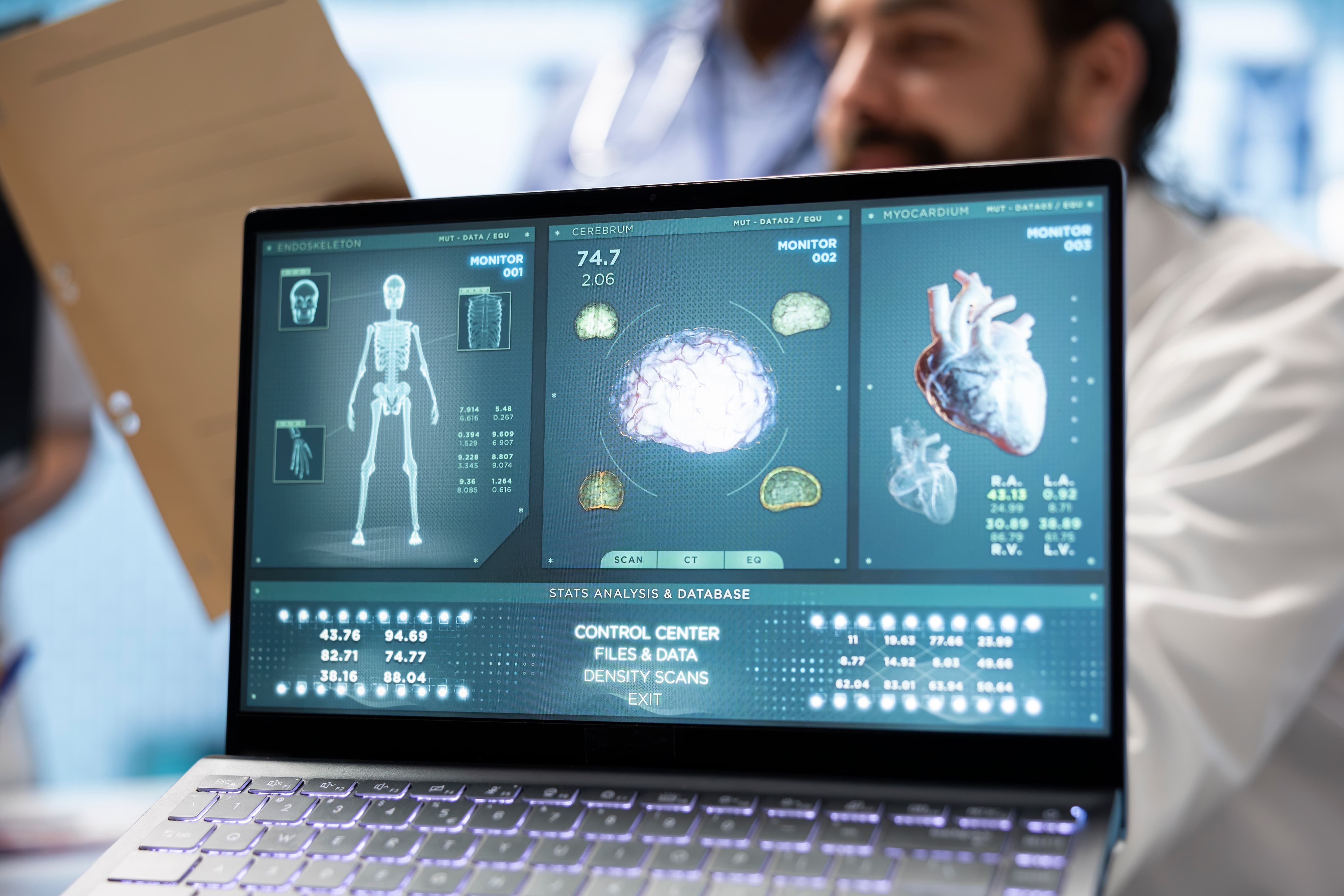Most Canadian businesses are using generative AI, yet few have fully integrated it into core operations. Only a small fraction are seeing measurable returns, according to new research from KPMG Canada.
Among 753 surveyed business leaders, 93 percent reported some AI adoption. Still, only 31 percent have deployed it across all workflows, while 32 percent have partially integrated AI, and 20 percent remain in early experimentation phases.
Despite widespread adoption, only 2 percent of companies reported a clear return on investment, mostly among firms with annual revenues over $1 billion. Nearly two-thirds said ROI was between five and 20 percent, while almost a third could not quantify it.
Most leaders expect returns within one to five years, highlighting the gap between AI adoption and measurable business impact. Experts emphasise that clear strategies and robust metrics are crucial to translate AI implementation into quantifiable growth.
KPMG Canada notes that successful AI integration requires investment not only in technology, but also in people and processes. Organisations are prioritising talent acquisition, skills training and change management to enhance AI literacy and scale adoption.
Strong governance and strategic frameworks that track both financial and operational benefits are crucial for companies to fully leverage the potential of AI and maintain competitiveness in a rapidly evolving economic landscape.
Would you like to learn more about AI, tech and digital diplomacy? If so, ask our Diplo chatbot!










